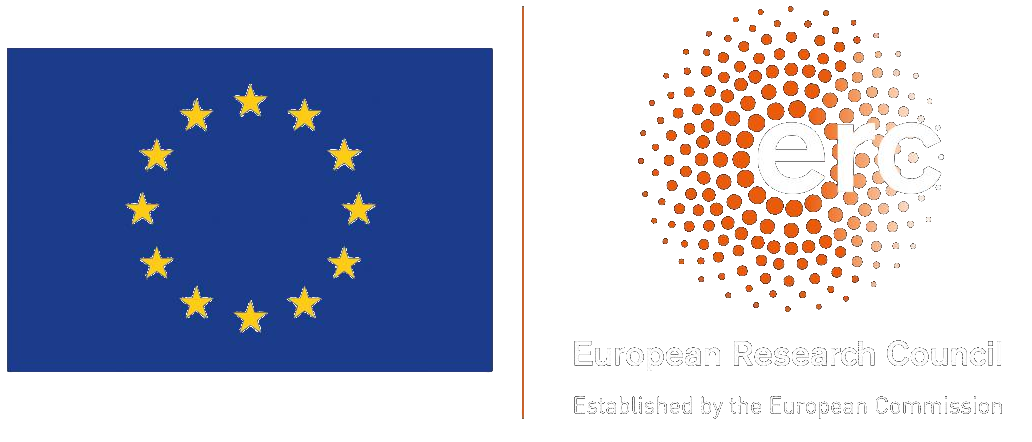Webinar on National Guidance for Plastic Pollution Hotspotting and Shaping Action
Webinar on National Guidance for Plastic Pollution Hotspotting and Shaping Action
08.10.2020 | by Francesca Verones
On October 1 we attended a very interesting Webinar hosted by UN Environment and IUCN (International Union for the Conservation of Nature).
“National Guidance for Plastic Pollution Hotspotting and Shaping Action” is a project of the life cycle initiative hosted by UN Environment, UCN, together with EA – Shaping Environmental Action, Quantis, and the Plastic Soup Foundation.
The aim of this project is to help prioritize solutions towards marine plastic pollution. For this reason the project aims to find out which polymer types, products and pathways are the most abundant ones. This is done on a country basis, based on national data and, if available, data from the industry producing, using and recycling plastics within the country. After these “hotspots” of plastic products and pathways have been identified, individual country interventions can be planned together with relevant stakeholders.
The project released a report explaining the methodology behind the national guidance. It is exciting to see that methods like this one are proposed. There is no doubt that assessments like this, on national level, will have to deal with uncertainties and are crucially depending on the availability of data and the willingness of different industries and governments to share data. Still, this guidance provides an opportunity to assess the amounts of plastic that are potentially putting the marine ecosystems at risk and allow for the concrete planning of interventions. This is crucial, in order to minimize the amount of plastic reaching the oceans.




